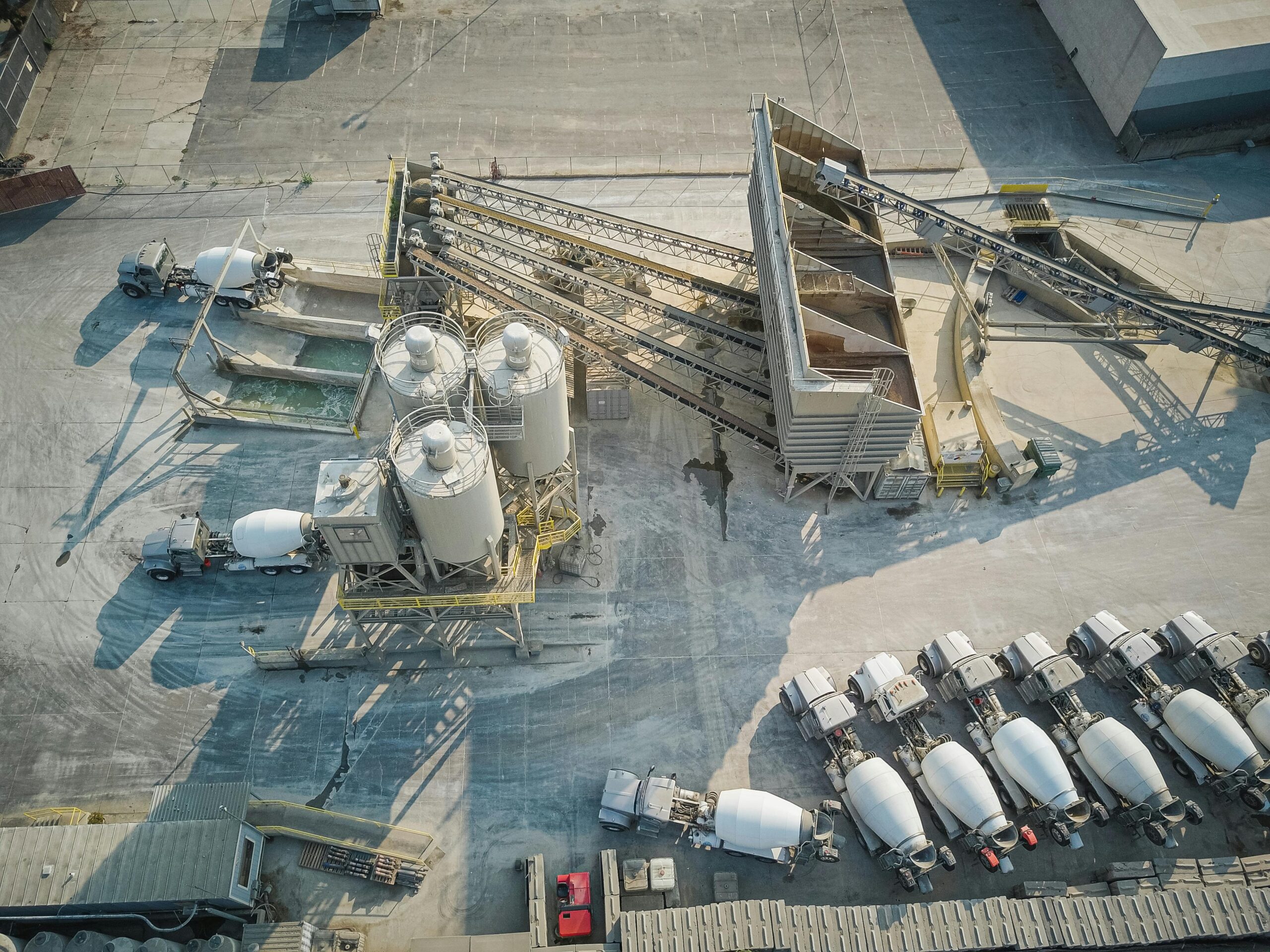Are you interested in getting into the exciting world of drone flying but are unsure about drone batteries? Don’t worry, I’ve got you covered. In this article, I’ll guide you through everything you need to know about drone batteries as a beginner. From understanding the different types of batteries to proper care and maintenance, by the end of this article, you’ll be a pro at managing your drone’s power source.
Understanding Drone Batteries
Let’s start by understanding the basics of drone batteries. Drone batteries are essential components that power your drone and allow it to take flight. They come in various shapes, sizes, and types, each with its own set of characteristics and features. As a beginner, it’s crucial to familiarize yourself with the different types of batteries used in drones to ensure optimal performance and safety.
Types of Drone Batteries
There are two main types of batteries commonly used in drones: Lithium Polymer (LiPo) batteries and Nickel Cadmium (NiCd) batteries. LiPo batteries are the most popular choice among drone enthusiasts due to their lightweight, high energy density, and ability to provide high power output. On the other hand, NiCd batteries are less commonly used in drones today due to their heavier weight and lower energy density compared to LiPo batteries.
Understanding the differences between these two types of batteries will help you make an informed decision when selecting a battery for your drone. LiPo batteries are generally preferred for their superior performance, while NiCd batteries are typically used in older drone models or for specific applications.
Choosing the Right Battery for Your Drone
Selecting the right battery for your drone is crucial to ensure optimal performance and flight time. When choosing a battery, there are several factors to consider, including capacity, voltage, and discharge rate. These factors will determine the overall performance of your drone and how long it can stay in the air before needing to recharge.
Battery Capacity
Battery capacity is measured in milliamp hours (mAh) and indicates the amount of energy the battery can store. A higher capacity battery will provide longer flight times, but it will also be heavier and bulkier. As a beginner, it’s essential to strike a balance between battery capacity and weight to achieve the best performance for your drone.
Voltage
Voltage is another critical factor to consider when choosing a drone battery. The voltage rating of a battery determines how much power it can deliver to the drone’s motors. Different drones require different voltage ratings, so it’s important to select a battery that matches the voltage requirements of your drone for optimal performance.
Discharge Rate
The discharge rate of a battery refers to how quickly it can deliver power to the drone’s motors. A higher discharge rate will provide better performance and responsiveness, especially during high-demand maneuvers. As a beginner, look for batteries with a moderate discharge rate that can meet your drone’s needs without draining the battery too quickly.

This image is property of images.pexels.com.
Proper Care and Maintenance of Drone Batteries
Proper care and maintenance of drone batteries are essential to ensure their longevity and performance. By following these simple tips, you can extend the life of your drone batteries and keep them operating at their best.
Charging
When it comes to charging drone batteries, it’s important to use a compatible charger designed specifically for LiPo batteries. Avoid overcharging or undercharging the batteries, as this can lead to reduced performance and potential safety hazards. Always follow the manufacturer’s guidelines for charging your drone batteries to prevent any damage or accidents.
Storage
Proper storage of drone batteries is crucial to prevent damage and ensure their longevity. Store your batteries in a cool, dry place away from direct sunlight and extreme temperatures. Avoid storing batteries at full charge or completely drained, as this can reduce their capacity and overall performance over time. It’s recommended to store batteries at around 50% charge when not in use to maintain their health.
Handling
Handle drone batteries with care to prevent any physical damage or punctures that can lead to safety hazards. Inspect your batteries regularly for signs of wear or damage, such as bulging or leaking. If you notice any abnormalities, stop using the battery immediately and dispose of it properly following the manufacturer’s guidelines.
Safety Tips for Using Drone Batteries
Safety should always be a top priority when using drone batteries. Follow these essential safety tips to ensure a safe and enjoyable flying experience with your drone.
Avoid Overheating
Drone batteries can overheat if used beyond their recommended limits or in extreme weather conditions. To prevent overheating, avoid flying your drone in hot temperatures or overexerting the batteries during flight. Let the batteries cool down between flights to maintain their performance and safety.
Monitor Battery Levels
Always monitor the battery levels of your drone during flight to prevent sudden power loss or crashes. Many drones come equipped with warning notifications that alert you when the battery is running low. If you receive a low battery warning, safely land your drone immediately to prevent damaging the battery or losing control of the aircraft.
Follow Manufacturer’s Guidelines
Each drone manufacturer provides specific guidelines for the use and maintenance of their batteries. It’s essential to read and follow these guidelines carefully to ensure the safety and longevity of your drone batteries. By adhering to the manufacturer’s recommendations, you can avoid potential risks and enjoy a worry-free flying experience.

This image is property of images.pexels.com.
Conclusion
As a beginner, understanding drone batteries is essential for a successful and enjoyable flying experience. By familiarizing yourself with the different types of batteries, choosing the right battery for your drone, and following proper care and maintenance practices, you can optimize the performance and longevity of your drone batteries. Remember to prioritize safety at all times and follow the manufacturer’s guidelines for charging, storage, and handling to avoid accidents and ensure a smooth flying experience with your drone. With these tips in mind, you’ll be well-equipped to handle drone batteries like a pro and take your drone flying skills to new heights.
